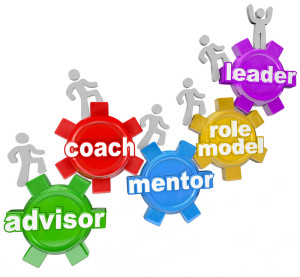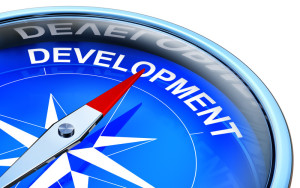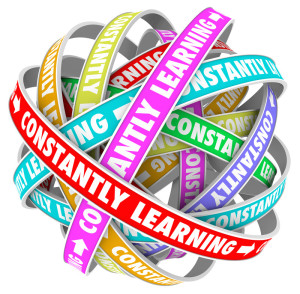Since late May, I’ve had the chance to work with a new group of talented and committed IT professionals at the University of Vermont Health Network. Everyone is working hard towards a common goal with our  upcoming Epic go live. I am impressed every day with the depth of knowledge, flexibility, resilience, and dedication of so many.
upcoming Epic go live. I am impressed every day with the depth of knowledge, flexibility, resilience, and dedication of so many.
I’ve learned much from all of them and would like to think they have learned from me as well. I try to be a good role model in all my words and actions. But no one is perfect! With the pace we are all working these days, it’s a very dynamic environment. We’re heads down addressing issues and getting final tasks done.
If we really believe as leaders that our people are our greatest asset, then in spite of being in crunch time, we need to ensure we are modeling the right behaviors and fostering the kind of culture that people can thrive in. Hard as that may be on our busiest of days, we owe it to our teams.
In a few weeks, we’ll be working long shifts together in the 24/7 command center. There will be many issues to address and problems to fix. The stress will be high. But we will also be sharing the joy of having crossed the finish line together. I have been with this team on their Epic journey for only a few months. Most of them have been on this journey together for a few years. Continue reading



